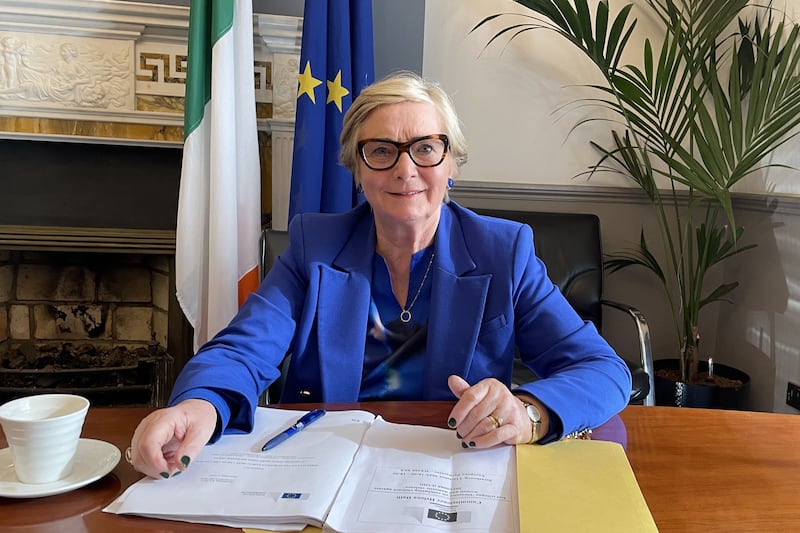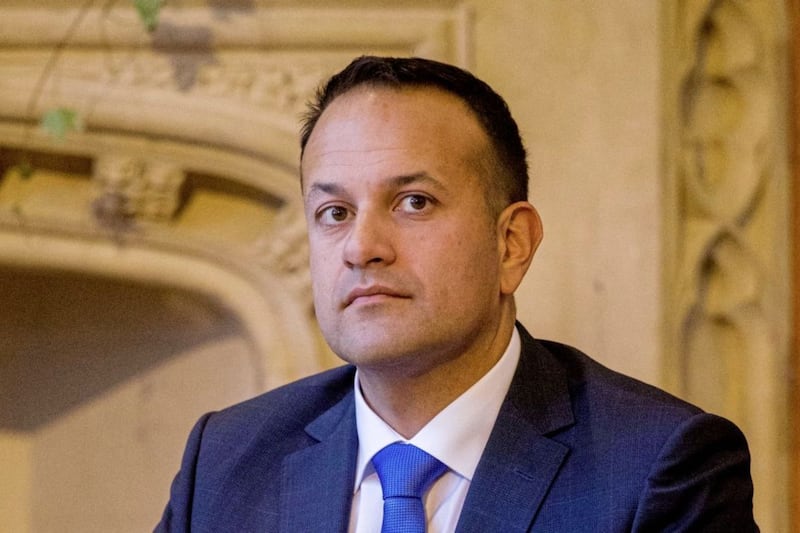IRISH justice minister Frances Fitzgerald has denied "widespread" spying on the public amid revelations state authorities secretly request as many as 1,000 phone and internet records every month.
A day after ordering a judge-led probe into Garda and Garda Ombudsman powers to access journalists' mobile phone records, she said snooping on private communications in Ireland was "relatively low" compared to other countries.
"Let's be very clear, there is no widespread snooping on private individuals, private citizen's phones, or their records," she said.
"I want to say that to the public."
The senior Fine Gael minister was responding to a report in The Irish Times that almost 62,000 requests were made to access landline, mobile and internet records by authorities in Ireland between 2008 and 2012.
Nearly all of the requests were made by the Garda and almost 99 per cent were granted, the newspaper reported.
"When you examine the statistics of about 8,000 requests by the guards every year - that is not out of line," said Ms Fitzgerald.
"For example, in the UK you would have over 725,000 requests.
"So in terms of the percentages in Ireland it is relatively low internationally and what the review will do is, it will examine whether further safeguards are needed in relation to access to journalists' phones."
Former chief justice John L Murray has been tasked with the inquiry after at least three journalists learned their private phone records had been analysed without them being told.
The probe will not look at spying on the phones of other private individuals, nor will it report back until after the imminent general election.
A key focus of the retired judge's review will be to analyse how other countries give police and watchdogs access to telephone records and how Ireland's approach compares with them.
His review will examine the law and powers given to the Garda, the Garda Ombudsman, the Revenue Commissioners and the Defence Forces.
Under the Communications (Data Retention) Act 2011, the Garda and its watchdog has the right to access call and text message records and other data in a criminal inquiry.
Controversy erupted last week when journalists learned the Garda Ombudsman had access to their phone records as it investigated complaints against gardai who allegedly leaked information following the death of model Katy French in 2007.
Records were being accessed to see if individual officers were in contact with journalists.
Several Garda inquiries are also under way into how leaks were made to journalists, including reports on the arrest of Independent TD Clare Daly for alleged drink-driving. She was later proven to have been under the legal limit.
The National Union of Journalists wants the law changed so judges must be asked to oversee applications for access to phone data.








